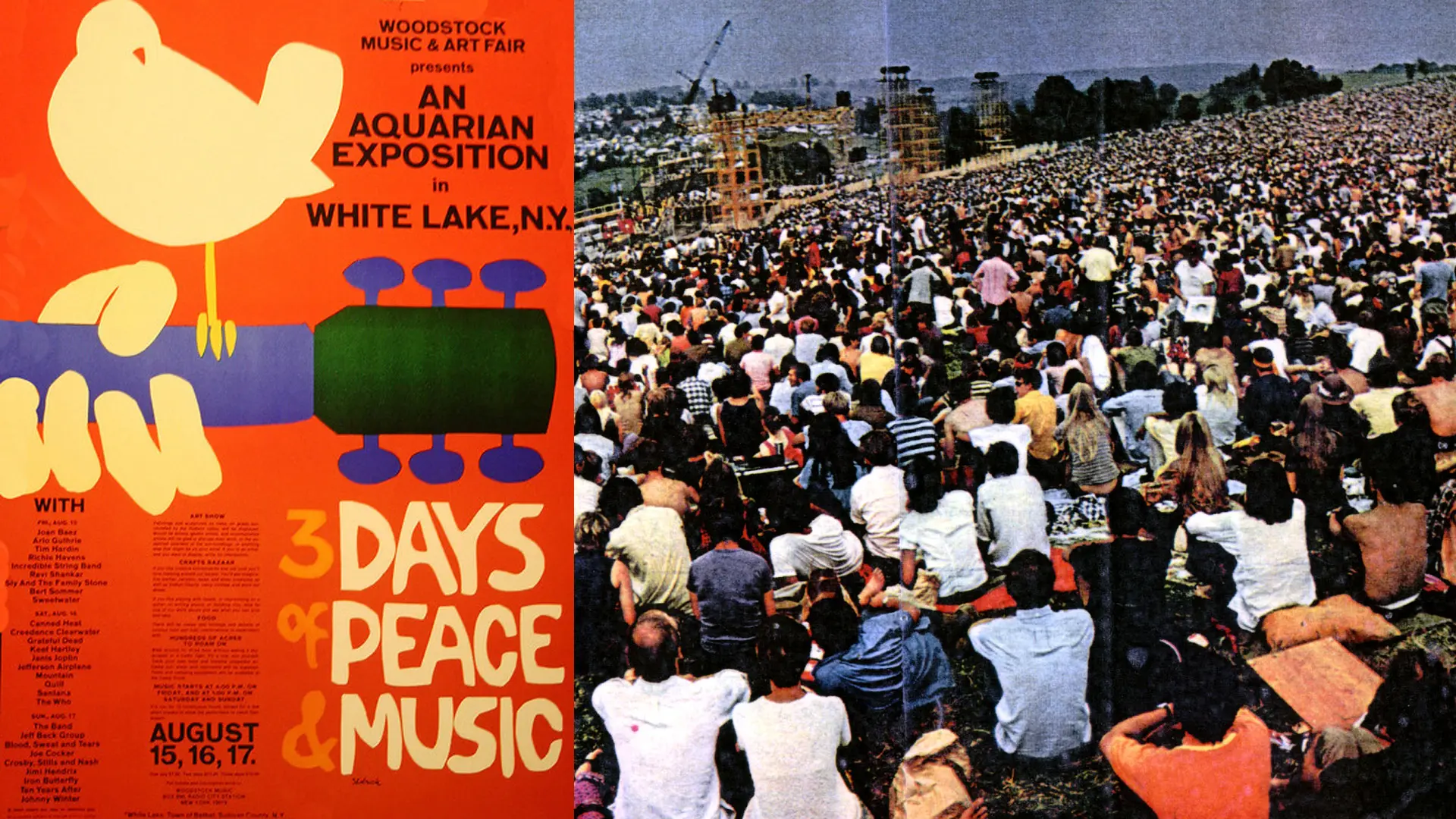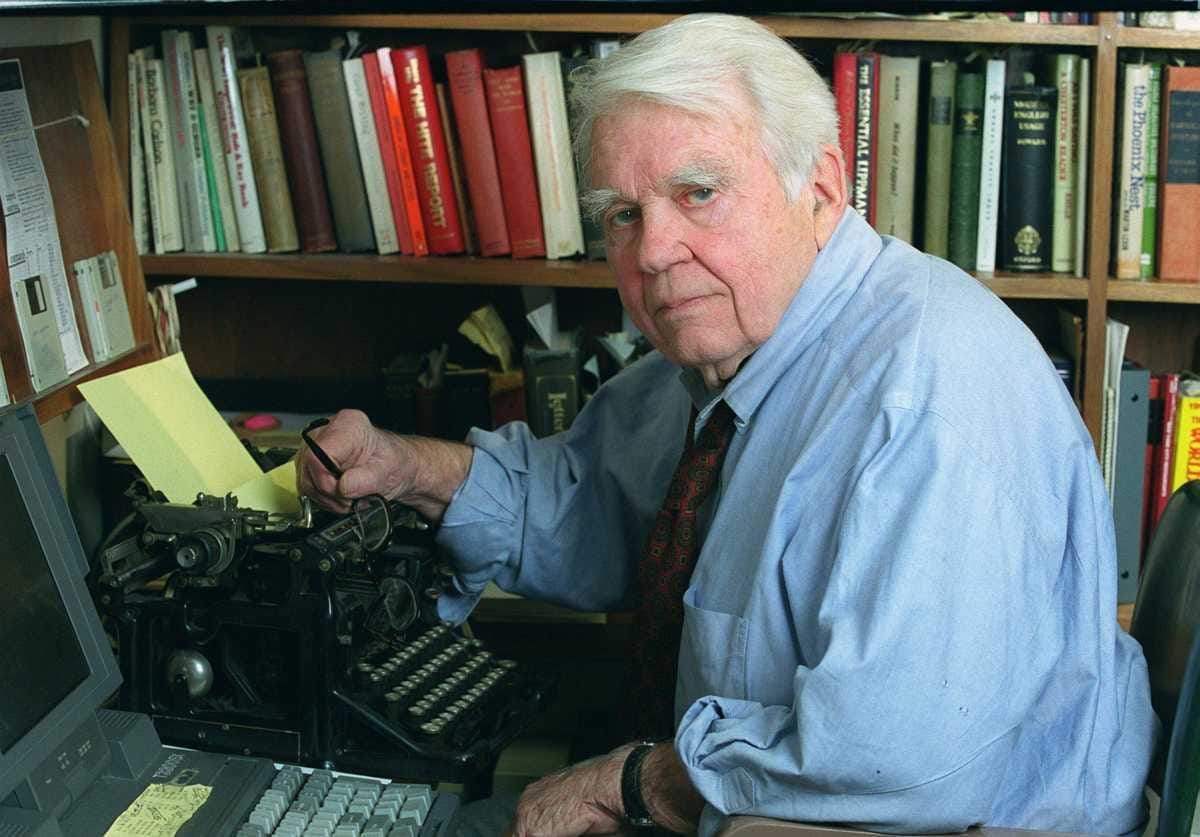X'ed from history: why my generation will mostly be forgotten.
Generation X has contributed remarkably little to history. With all due respect, can you blame us?

I've been thinking about generations lately. I was born in the early 1970s, which makes me firmly within Generation X. Though the boundaries are fuzzy, demographers generally regard Generation X--admittedly mostly an American identity, though with some crossover to the UK, South Africa or the former Communist world--as those born between 1965 and 1980. Most of us are now in our 50s, which is a strange age for us to be. It's particularly so because, as a generation and a cultural force, we've achieved so little. If you are either a generation behind me, which is to say a Baby Boomer, or a generation ahead of me, meaning a Millennial, and you're waiting to see when my cohort will begin to make a significant impact on the world, you'll be waiting a long time. We never will. In some ways that's troubling and regretful. But on the other hand, you shouldn't necessarily be surprised. Uselessness is not only built into our generation, you could say it's been our brand all along, and it's not going to change.
Most of us X'ers are the children of members of the Silent Generation or the first wave of Baby Boomers. My parents are not Boomers, having been born during World War II. But whatever the identity of our parents, we grew up and came of age in a time absolutely dominated by the Boomers, their cultural preferences, their politics, and especially their cringey nostalgia. I was 8 years old the night Ronald Reagan was elected President in 1980 and I remember seeing his victory speech on TV, in which he promised to "put America back to work again." The Boomers are supposed to have had some sort of change or identity crisis during the Reagan years, but it was very confusing to me. I was in college in 1992 when the Boomers elected the first President from their own generation, Bill Clinton, whose initial campaign was dominated by questions about whether he dodged the draft in the Vietnam War and whether he inhaled when he smoked pot during that same era. When I began practicing law in the late 1990s, most of the hot young lawyers thought to be on the come were Boomers, and their clients were Boomers, often with cockamamie and patently transparent business schemes to cash in on worthless fads like the dot-com boom. Between 1980 and 2000, and well after, the entire world of politics, culture, entertainment and economy seemed to have been constructed by or for Baby Boomers.
It was difficult growing up in the shadow of these people. It seemed that everywhere we X'ers looked, the Boomers were congratulating themselves or taking credit for things they thought they did. "We ended the Vietnam War!" (No, you didn't; Nixon was angered by the protests you were so proud of attending, but he deliberately did not make policy based on them). "We're responsible for the longest economic boom time in American history!" (No, you're not; Reagan and Thatcher privatized everything, artificially kept interest rates low, and stuck us, your generational successors, with the bills you ran up). "Look at the mark we made on popular music and culture!" (That wasn't you. Every single member of the Beatles, the Rolling Stones, and Crosby, Stills & Nash was born before the Baby Boom started. Even Neil Young. So were Janis Joplin and Jimi Hendrix). It was stifling and dispiriting to come of age in a world that was so obviously intended to honor, and to be the unfettered property of, a group of people who believed that they deserved it so much, and who never let us forget it.

Furthermore, look at the times we grew up in. During the late peak of the Cold War, most of us X'ers grew up believing that we would not even have a future, because a world-destroying nuclear holocaust between the U.S. and Soviet Union was essentially inevitable. Films like WarGames and The Day After, both made in 1983, were our popular entertainment, as was Mad Max, the antihero of a post-apocalyptic wasteland world that we believed we would eventually live in. For us X'ers, the fall of the Berlin Wall and the collapse of Communism were not moments of relief and triumph. We never really bought in to the ideological struggle between the West and the Communist bloc that our elders got so worked up about. In any event, we were cynical from the womb. Gorbachev, Schmorbachev. Who cares? It was all the same to us. There were no jobs when we got out of high school, no stable careers for us after we graduated college, and the Boomer-centered culture relentlessly mocked us for being "slackers," as if the hollowing out of Western economies was somehow our fault, or a test of character that we were supposed to endure but failed miserably. How could we not internalize these messages that were drummed into us relentlessly?
Who, if anyone, can rightfully be called an "icon" of Generation X? There aren't too many to choose from, and most of them are extremely problematic. I don't even want to know anyone who would choose Elon Musk (born 1971) as an "icon" of Gen-X. He's a disaster capitalist, channeling the much-vaunted "entrepreneurial spirit" into a hellish inferno of right-wing politics and climate-destroying greed, while spinning ludicrous fantasies about escaping to Mars on a Libertarian rocket ship. There has, as yet, not been a Generation X President and there probably won't ever be. Who's our James Dean or our Marilyn Monroe? Seriously, who? Leonardo DiCaprio? Cate Blanchett? James Franco? He's been canceled anyway.
By default I guess that leaves us with Kurt Cobain, a heroin addict who died by suicide, as the "voice" of our generation, such as it is. But we aren't even allowed to claim him without derision. When Cobain killed himself in April 1994, America's favorite grumpy old man, Andy Rooney, a World War II veteran, mocked him on 60 Minutes and insulted the young people who were mourning his death. "What would all these young people be doing if they had real problems like a Depression, World War II or Vietnam?" mused Rooney, who was annoyed that a person he'd never heard of had stolen the news cycle from Richard Nixon, who also died in April 1994. Nirvana had some resonance within Generation X, but it never rose to the level of universal worship that the Boomers' self-claimed icons seemed to inspire. Personally I don't believe Cobain was much of a prophet or a channeler of anything. If he was still alive and Nirvana still around, right now, 30-35 years into their career they'd be doing the casino and boat show circuit. If Cobain is the best we can do, a truly sorry and pathetic generation we are.

In researching this article--specifically, the controversy about Rooney's comments--I found quite a telling blog, written by a Gen-Xer way back in 2011, a time in the distant misty pre-Trump, pre-COVID past. Craig Clough of a publication called Patch wrote this, musing on the Nirvana frontman's death:
Those my age didn't have real problems then because were told by everyone that we weren't allowed to have them. We were just told by our parents and grandparents to suck things up and judge them...[Rooney] was right. I was a part of the saddest, most pathetic, useless generation to ever walk the earth, and I knew it. It might not have been so bad if I wasn't constantly reminded of that fact by every grown person. So I started selecting and absorbing and judging it all it. We were so useless, even our own chosen leader didn't want anything to do with us, and left us.
Generation X has not yet left any significant mark on the world. Nor, do I think, will we. We will not be the generation that conquers global warming, or takes down fascism (for the second time in a century). If a human being ever walks on Mars, which I very much doubt, I can guarantee you it won't be someone from my generation. The Boomers, who seem intent on holding on to the world until it's pried out of their rotting skeletal hands, refused to give us any responsibility, any trust, any confidence, and any ownership stake in the society they felt they owned and had been entitled to from birth. Consequently, we have no interest in owning what we've been told all our lives that we were innately unsuitable to inherit anyway. The Millennials and Gen-Z will be the next generations to own and run the world, and they sure as hell won't be asking Gen-Xers for advice on how to do it. History will forget us. We will be the least consequential, least remembered, and least-known generation in history. Maybe someday, just on account of our historical obscurity, someone in the future might be interested in who we were or what we were like. But if I were you I wouldn't hold my breath.
The Value Proposition
Why should you be reading this blog, or receiving it as a newsletter? This is why.
☕ If you appreciate what I do, buy me a virtual coffee from time-to-time to support my work. I know it seems small, but it truly helps.
📖 You could also buy my newest book.
🎓 Like learning? Find out what courses I’m currently offering at my website.
📽 More the visual type? Here is my YouTube channel with tons of free history videos.



Comments ()